
Common precautions
Venturing into the wilderness is an exhilarating experience, often made memorable by the potential sightings of wild animals in their natural habitats. Bears, in particular, are a majestic sight but come with their own sets of challenges.
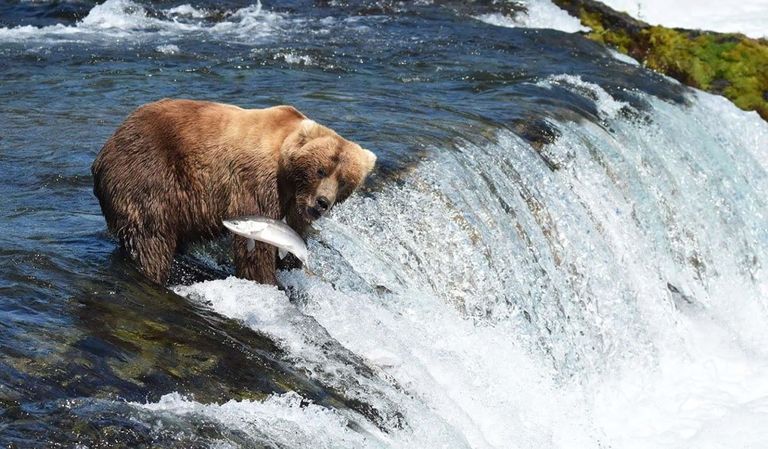
While being in the midst of nature is captivating, one should also be mindful of the risks posed by these creatures, especially near water sources. Streams, rivers, and other water bodies can be prime locations where bears hunt or quench their thirst. Hence, extra caution should be exercised when traversing these areas.
Staying in groups
According to experts and wildlife enthusiasts, there are certain preventative measures that can reduce the chance of an undesirable encounter. When exploring territories known for bear activity, it’s always a good idea to travel in groups.
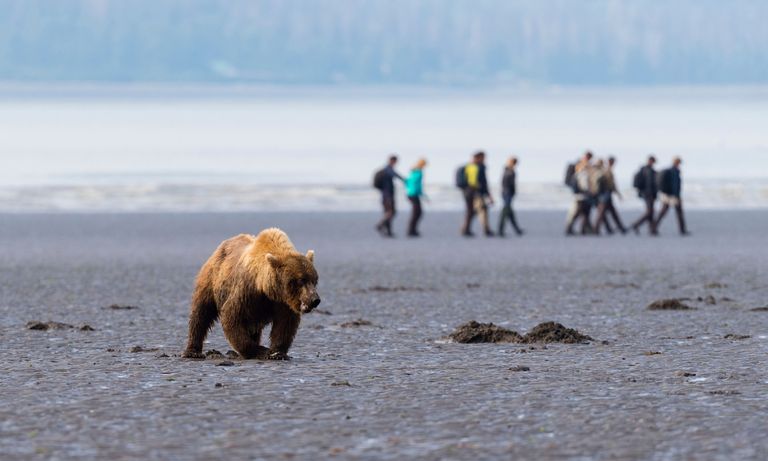
Larger gatherings tend to deter bears from approaching. Alongside this, being vocally active or making deliberate noises helps alert bears to human presence, minimizing the surprise factor. Silence, in this case, is not golden; the less noise you make, the higher your risk.
Food draws their attention
Camping under the stars might sound like a dream, but it also requires thoughtful planning, especially where food is involved. The aroma of freshly cooked meals can be an irresistible invitation for bears.
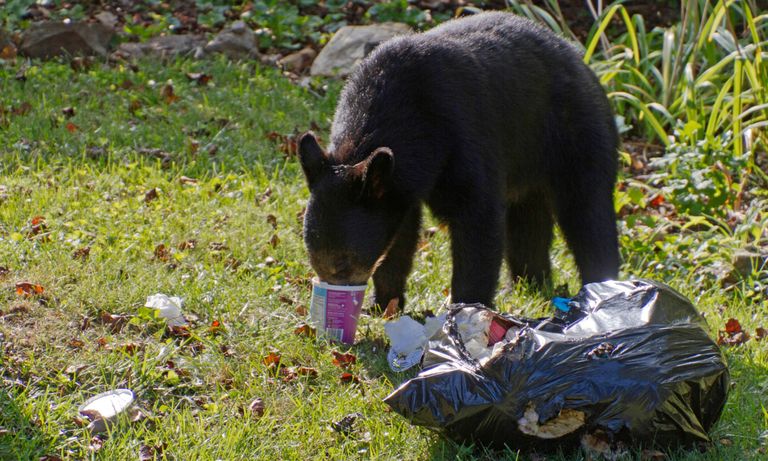
Emerson, in his insightful book, underscores the importance of certain precautions to reduce bear attractants. His guidelines, born out of research and experience, provide an invaluable resource for campers and nature enthusiasts.
Keen sense of smell
Elaborating on the olfactory prowess of bears, Emerson emphasized how vital it is to minimize the scent trail left behind. “Their sense of smell is unparalleled. Hence, while camping, always store your food by double-bagging and hanging it away from sleeping areas.
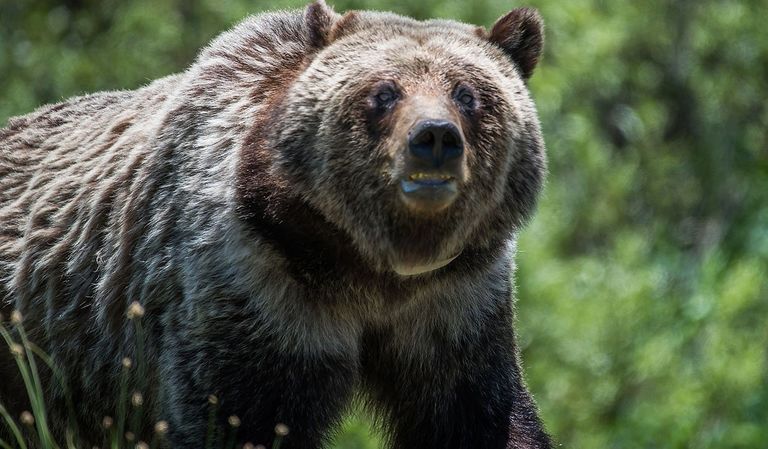
Also, remember to keep a good distance from spots where you see signs of bears like their poop or footprints. This advice, even though it’s simple, is really important to make sure you stay safe when you’re out in the wild. It’s one of the most basic things you can do to stay protected during your time in nature.
Hide your scents
Additionally, other smell sources, often overlooked, can also act as lures. Items like toothpaste, soaps, and even the clothes one cooks in can retain smells that might intrigue a bear.
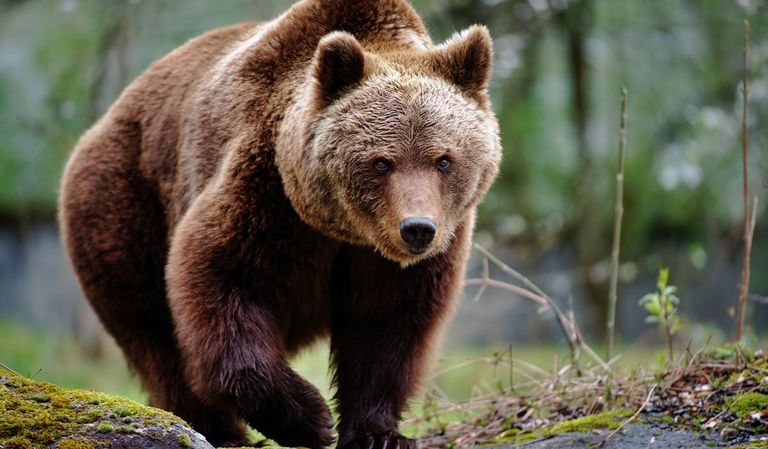
“It’s smart to keep things that smell with your food and put on different clothes after you cook,” Emerson recommended. Doing this makes it much less likely that a bear will smell things and come close. It’s a good way to reduce the chance that a bear will pick up your scent and come near you when you’re in the wilderness.
Bear spray
Despite taking these precautions, one can never be too safe. It’s always better to be equipped with protective tools, like bear sprays. These are considered more effective than firearms in deterring a bear without causing it harm.
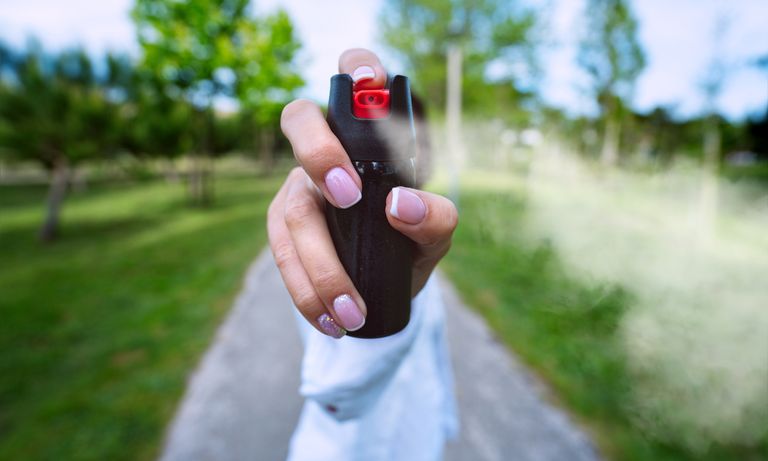
Emerson believes that bear sprays work, and he explains how to act if a bear gets too close. If a bear comes near you, it’s a good idea to use bear spray to keep it away. Emerson gives advice on what to do in this situation, which can help keep you safe. He believes in the effectiveness of bear sprays and shares tips on how to handle close encounters with bears.
